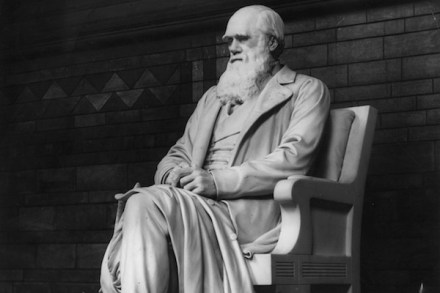Why politics needs more Darwinists – and fewer economists
An ardently left-wing friend of mine is travelling over from Thailand next week to look for a private school for his daughter. My email to him was short. It read ‘Charles Darwin 1, Karl Marx 0’. Nobody among the sharp-elbowed middle class ever allows his political convictions to override the pursuit of a good education for his children. They will pay or move house or, if those two approaches fail, rapidly reawaken a long-dormant interest in Catholicism. One reason for this inconsistency is explained in four words by the evolutionary theorist and sociobiologist E.O. Wilson, by common consent the world’s leading expert on ants. His simple observation on Marxism was







